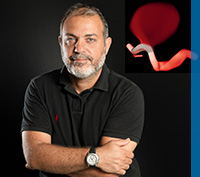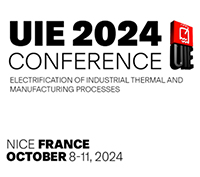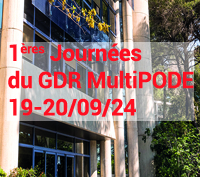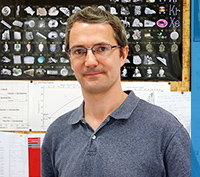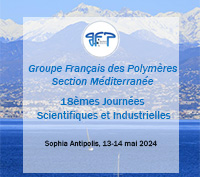Séminaire CEMEF de Nicolas Coniglio et Marie Bedel, Arts & Métiers, MSMP
Nicolas Coniglio et Marie Bedel présenteront leurs travaux de recherche réalisés au sein du laboratoire Mécanique, Surfaces, Matériaux et Procédés d'Arts & Métiers
Ce double séminaire organisé au CEMEF aura lieu vendredi 29 mars à 14h00 en salle IR14, campus Pierre Laffitte.
Nicolas Coniglio parlera de "Understanding the low susceptibility to weld solidification cracking of Al-Mg alloys"
> Résumé :
Some alloys are considered as non-weldable because of their high tendency to solidification cracking. In fusion-based welding processes, this defect initiates and grows in the mushy zone behind the molten pool. Modeling the underlying mechanisms is challenging because of their numerous aspects such as: the multiscale nature; the complex interactions between thermal, metallurgical, mechanical, and hydraulic factors; the scale difference between models and experimental validations. Many issues are still to be resolved to attain in the future the ability of predicting quantitatively the formation of this defect.
The today knowledge does not explain clearly the reasons underneath the good weldability of AA5xxx aluminum alloys. The present talk will focus on some experimental and modeling works in progress based upon AA5xxx welds. Experimental methodologies are used to determine the solidification path in the non-equilibrium welding condition. Modifications in the models are proposed to provide some clues about their good weldability.
Marie Bedel présentera ses travaux sur les "Interactions between the molten metal and the 3D printed sand mold during casting"
> Résumé :
3D printing of sand molds opens up new prospects in terms of design of cast parts. Indeed, making a sand mold without pattern not only permits to avoid undercut constraints, but also to create geometrically optimized filling and feeding systems. However, one of the major drawbacks of this process is the roughness of the printed surfaces. Coating is not a satisfactory solution as the cavity surface is not necessarily accessible. This is why mastering 3D printed sand surface condition and understanding its impact on cast part quality is particularly important.
The talk will address printed sand mold surface condition and its impact on metal behavior during filling and solidification. More specifically, sand roughness impacts major head loss during the turbulent filling of mold cavity. Moreover, the wetting of molten metal on rough sand surface varies with cooling and solidification of the metal, leading to roughness heterogeneities in the cast part.


